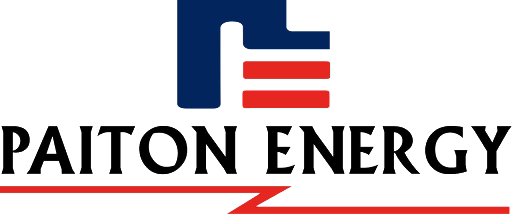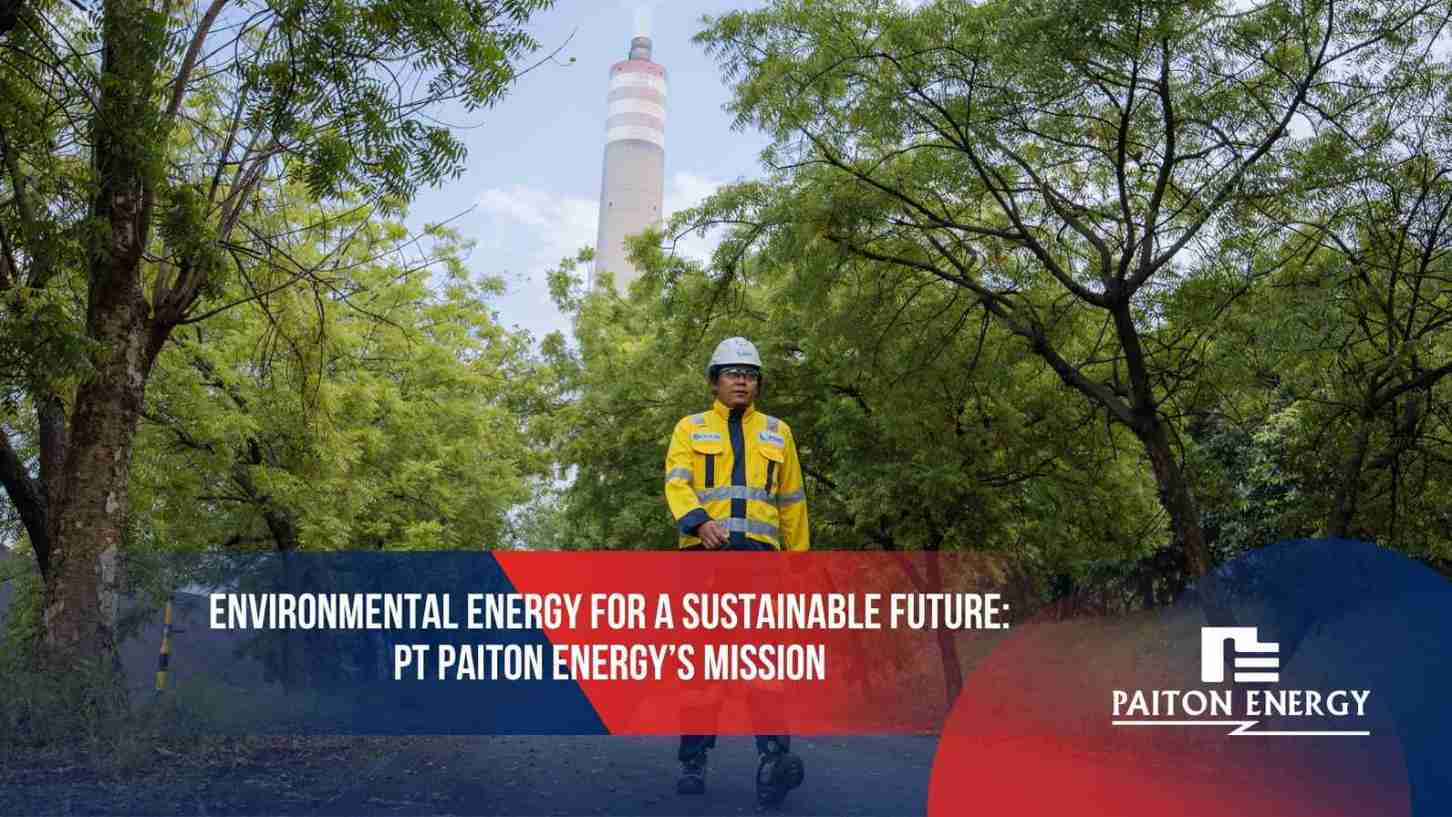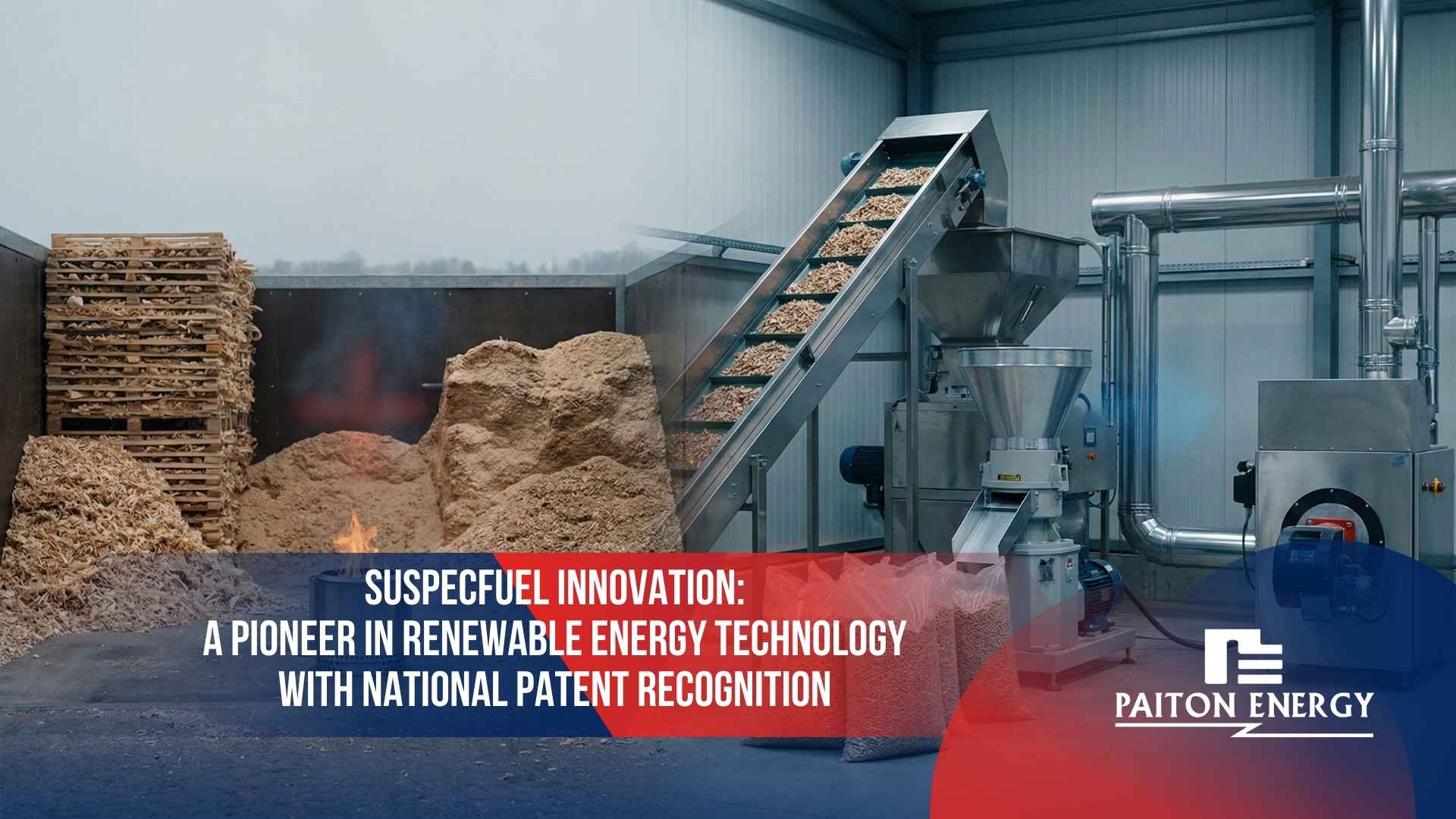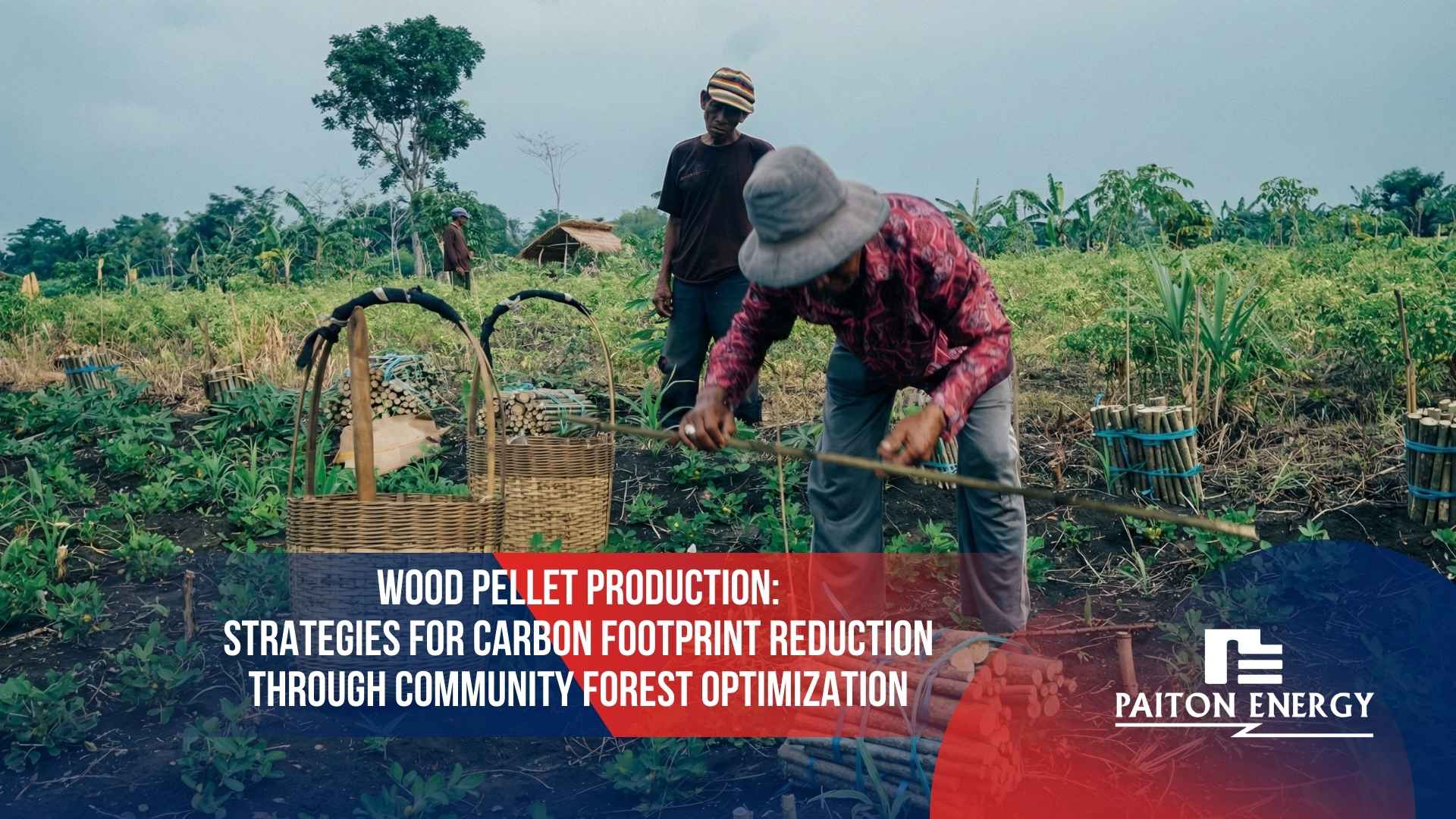Energy and the environment are two inseparable facets of modern civilization. The critical question “Why must humanity fulfill its duty to protect the environment and energy resources?” repeatedly arises amidst the climate crisis, soaring consumption, and finite resources.
The answer to this question forms the foundation of PT Paiton Energy’s educational mission: to foster public understanding of the vital relationship between energy, the environment, and our collective future.
Waste-to-Energy: Bridging Risk and Opportunity
Waste-to-Energy (WTE) is a technology that converts non-recyclable waste into electricity or heat through incineration, gasification, pyrolysis, or anaerobic digestion. This concept addresses two major challenges simultaneously: reducing waste volume and providing a renewable energy source.
Through WTE, PT Paiton Energy reinforces the rationale behind environmental and energy stewardship—emphasizing that waste can be transformed into added value rather than remaining an ecological burden.
The Advantages of WTE for Business and the Planet
When adopted by a corporation of PT Paiton Energy’s scale, WTE offers six core benefits:
- Significant Waste Reduction: WTE can compress waste volume by up to 90%, easing the burden on landfills and reducing soil and water contamination, thereby making a tangible environmental contribution.
- Lower Methane Emissions: Anaerobic digestion captures methane that would otherwise escape from waste piles, helping slow global warming.
- Renewable Energy Contribution: The electricity generated contributes to the national share of renewable energy and reduces reliance on coal.
- Resource Efficiency: Incinerator ash can still be processed to recover valuable metals, enhancing resource efficiency.
- Operational and Economic Benefits: WTE projects have the potential to reduce long-term operating costs and create skilled job opportunities.
- Enhanced Corporate Reputation: The company’s green credentials are strengthened, proving that environmental and energy responsibilities are not mere slogans but strategic imperatives in modern business.
PT Paiton Energy’s WTE Project at Universitas Indonesia
In late 2021, PT Paiton Energy collaborated with Universitas Indonesia to establish a 234 kWh Waste-to-Energy (WTE) power plant on campus. Eight biodigesters process campus organic waste into biogas, which fuels a generator to power laboratory lighting.
The fermentation byproducts are further processed into liquid and solid fertilizers, enriching student experimental farms.
This initiative exemplifies why environmental and energy responsibilities matter: a closed-loop ecosystem connecting waste, students, gardens, and electricity with minimal carbon footprint. The guiding principles remain circular energy and environmental sustainability.
WTE Program at Ragunan Zoo
Another WTE initiative took place at Ragunan Zoo, where eight biodigesters process elephant dung, animal waste, and leftover feed.
Currently, the resulting biogas powers the generator that operates the biodigester system itself. In the future, with increased biogas production, the energy could support broader uses, such as lighting at the Learning Center which is located adjacent to the WTE site. Equally important, this Learning Center has been established as a public educational facility where families and school children can witness the transformation of waste into energy firsthand.
Meanwhile, the solid residues are utilized as compost for reforestation efforts in the zoo, and the liquid byproducts serve as organic fertilizer.
Sustainable CSR: From Emission Mitigation to Social Empowerment
PT Paiton Energy’s impact extends beyond physical infrastructure. Its Corporate Social Responsibility (CSR) programs are centered around three pillars: operational sustainability, socio-economic empowerment, and climate change mitigation.
The company monitors plant emission intensity, plants trees for carbon absorption, and provides green entrepreneurship training for communities near its sites.
Local residents are taught to use biodigester residues for organic horticulture, increasing income while preserving the environment.
Thus, corporate and community stakeholders alike practice the principle that a truly inclusive future is only possible when the benefits of renewable energy are shared equitably.
Challenges, Innovation, and the Road Ahead
Despite its promise, WTE adoption faces challenges, high initial investment costs, evolving regulations, and limited public awareness.
However, innovations such as heat-resistant materials, real-time emission sensors, and government green incentive schemes are accelerating WTE adoption.
According to the International Energy Agency (IEA), by 2030, 10% of global electricity could be generated from waste, potentially reducing CO₂ emissions by 1 gigaton annually.
These projections reaffirm that environmental and energy responsibilities are not idealistic aspirations, they are scientifically measurable necessities.
Powering Collective Hope
In every kilowatt-hour generated from leftover food or animal waste lies a clear answer to the question: “Why must humanity fulfill its duty to protect the environment and energy?”
PT Paiton Energy, through its educational mission, reminds us that energy need not be synonymous with pollution, and the environment need not be a casualty of progress.
Collaborations among universities, zoos, communities, and corporations are building a circular economy model that can be replicated across regions.
Now is the time for all of us to take part by sorting waste, demanding green policies, innovating in classrooms, and choosing sustainable products.
Only through collective action can the question “Why must we protect the environment and energy?” evolve into a shared commitment to preserve energy for future generations and leave behind a livable planet.




